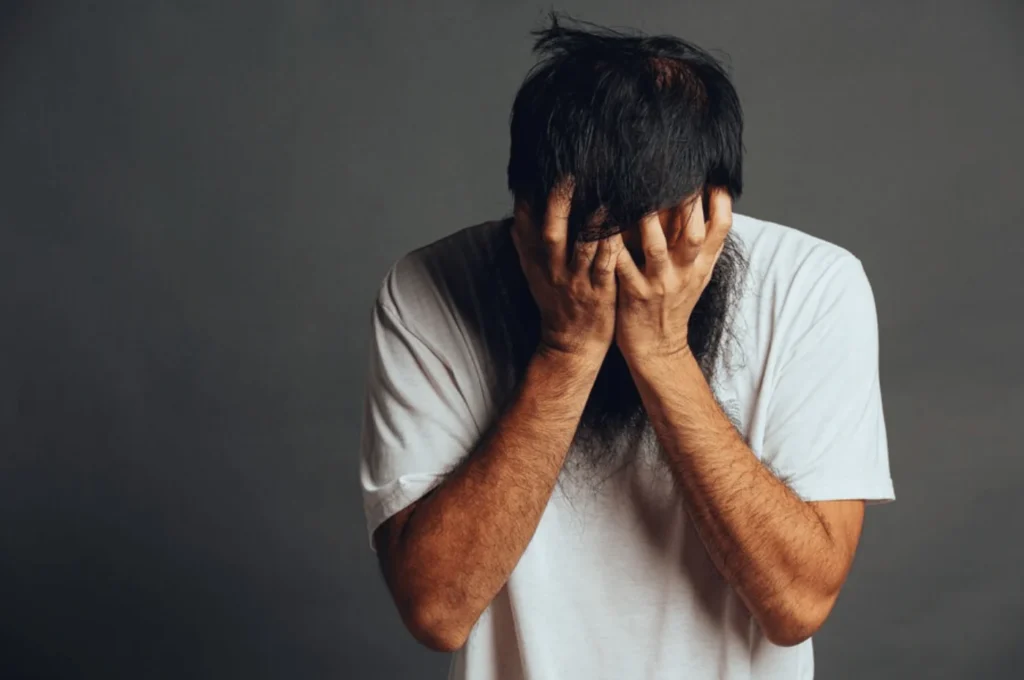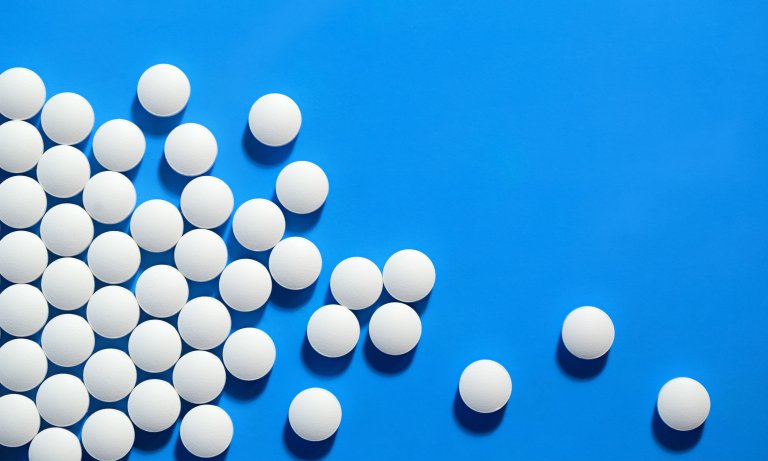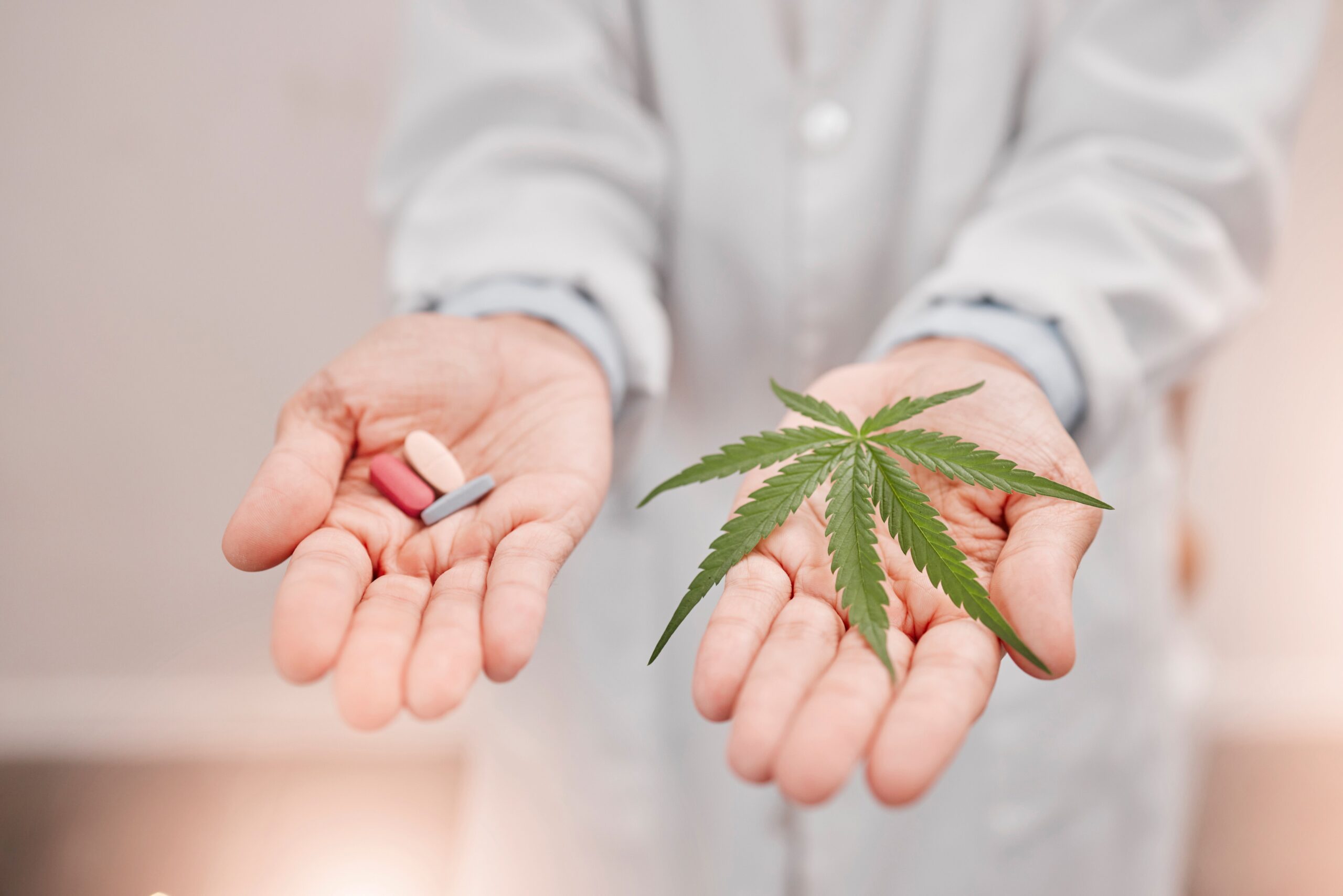What iCBD Opioid Withdrawal India

As India grapples with a growing opioid crisis, researchers and clinicians are turning their attention to alternative therapies—particularly cannabidiol (CBD)—to ease withdrawal symptoms and support recovery. While still in the experimental stages, interest in CBD opioid withdrawal India initiatives is gaining momentum.
Rehabilitation centres like Prayas Rehab, recognised among the best rehab centres in the country, are monitoring these developments closely, as CBD may offer a non-addictive, plant-based option to support opioid detox and long-term recovery.
Understanding the Opioid Crisis in India
India has seen a significant rise in opioid use, especially in states like Punjab, Uttar Pradesh, and parts of the northeast. According to the National Survey on Extent and Pattern of Substance Use in India (2019) conducted by the Ministry of Social Justice and Empowerment, over 2.3 million Indians are dependent on opioids such as heroin, opium, and synthetic painkillers.
The conventional treatment involves medication-assisted therapy (MAT) such as buprenorphine and methadone, along with counselling. However, these treatments come with side effects and, in some cases, risk of secondary dependency. That’s where CBD opioid withdrawal research begins to show promise.

What is CBD and How Might It Help?
CBD, or cannabidiol, is a non-psychoactive compound found in the cannabis plant. Unlike THC (tetrahydrocannabinol), it does not produce a “high.” Instead, it interacts with the body’s endocannabinoid system to regulate pain, mood, sleep, and immune responses.
CBD has demonstrated potential in:
-
Reducing withdrawal symptoms such as anxiety, insomnia, and muscle pain
-
Regulating cravings by stabilising brain circuits affected by drug use
-
Improving sleep quality and mood, both essential in recovery
Globally, studies like this one from Harvard Medical School (Harvard Health Blog) show growing evidence of CBD’s potential in substance use recovery, particularly opioids.
Current State of CBD Research in India
India’s legal framework on cannabis is complex. While recreational use remains illegal under the NDPS Act (1985), medicinal and industrial use of hemp is permitted in some states like Uttarakhand, Uttar Pradesh, and Madhya Pradesh. This has allowed research on hemp-derived CBD products to take place within legal boundaries.
Institutions such as:
-
AIIMS Delhi
-
National Institute of Pharmaceutical Education and Research (NIPER), Mohali
-
Institute of Medical Sciences, BHU
have initiated early-phase investigations on CBD opioid withdrawal in India, focusing on dosage safety, drug interactions, and symptom mitigation. However, most of these trials are in pilot stages or awaiting ethics approvals.
Role of Ayurveda and Pharma in CBD Development
Indian startups and Ayurvedic pharma companies are also entering the scene. Brands like BOHECO (Bombay Hemp Company) and Cannabliss are producing CBD oils approved for wellness under AYUSH guidelines. Some of these formulations are being considered for future clinical trials under the umbrella of CBD opioid withdrawal India research.
Ayurveda, which has long accepted cannabis as a medicinal herb (known as “Vijaya”), provides a unique foundation for developing holistic, Indian-context treatments for withdrawal and chronic pain.
You can explore India’s regulatory progress on medical cannabis through FSSAI’s hemp regulations.

Integration with Addiction Treatment Models
Rehabilitation centres like Prayasrehab are exploring ways to integrate CBD into conventional opioid detox programs. While they do not currently administer CBD as a standard treatment, they acknowledge its potential in:
-
Reducing dependence on opioids during tapering
-
Stabilising mood and sleep during acute withdrawal
-
Supporting long-term recovery by managing stress and relapse triggers
Combining CBD opioid withdrawal India strategies with established therapies like CBT (Cognitive Behavioural Therapy), group counselling, and lifestyle management may enhance recovery outcomes.
Global Trials Fueling Indian Interest
International research is advancing quickly. For instance:
-
A 2019 study by Mount Sinai Hospital found that CBD significantly reduced heroin cravings and anxiety in recovering addicts.
-
The World Health Organisation (WHO) has issued a report stating that CBD is well-tolerated with a good safety profile.
These findings are being used as foundational evidence in framing CBD opioid withdrawal India protocols, even as researchers stress the need for India-specific studies.
Challenges in Implementing CBD for Opioid Withdrawal
Despite the enthusiasm, several hurdles remain before CBD can be adopted widely in opioid treatment in India:
-
Legal ambiguity: Though CBD from hemp is not considered a narcotic, the lack of regulatory clarity makes clinical application slow.
-
Standardisation issues: Dosage, formulation, and purity vary widely across brands in India.
-
Medical community scepticism: Due to limited trials and traditional pharmacological approaches.
-
Cost barriers: High-quality CBD products remain expensive for average patients.
Until these issues are addressed, CBD opioid withdrawal India programs will likely remain in the pilot or experimental phase.

Conclusion
As India’s fight against opioid addiction intensifies, innovative solutions like CBD offer renewed hope. Though still at an early stage, CBD opioid withdrawal India trials are opening new conversations in medical, legal, and recovery circles. With reputed organisations like Prayasrehab tracking global research and advocating holistic care, the future of cannabinoid-assisted recovery in India looks promising. As regulations evolve and research deepens, CBD could become a trusted ally in India’s journey toward addiction-free living.